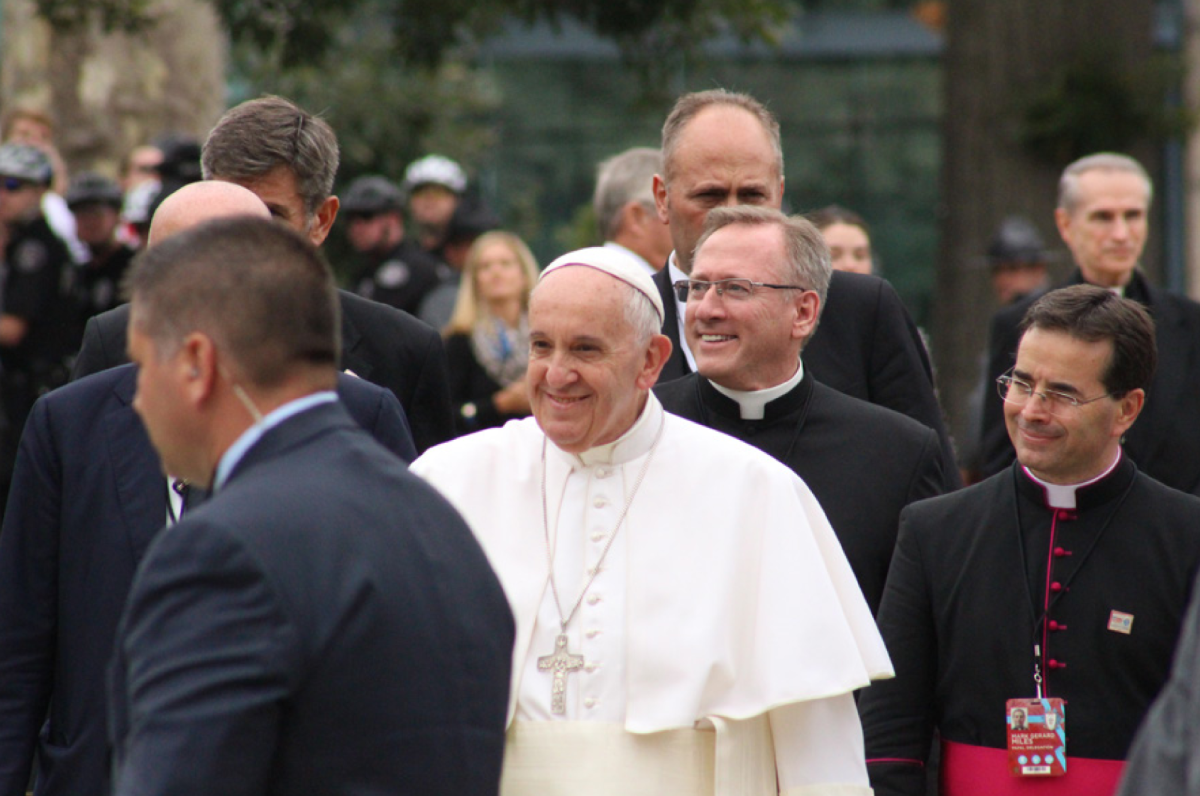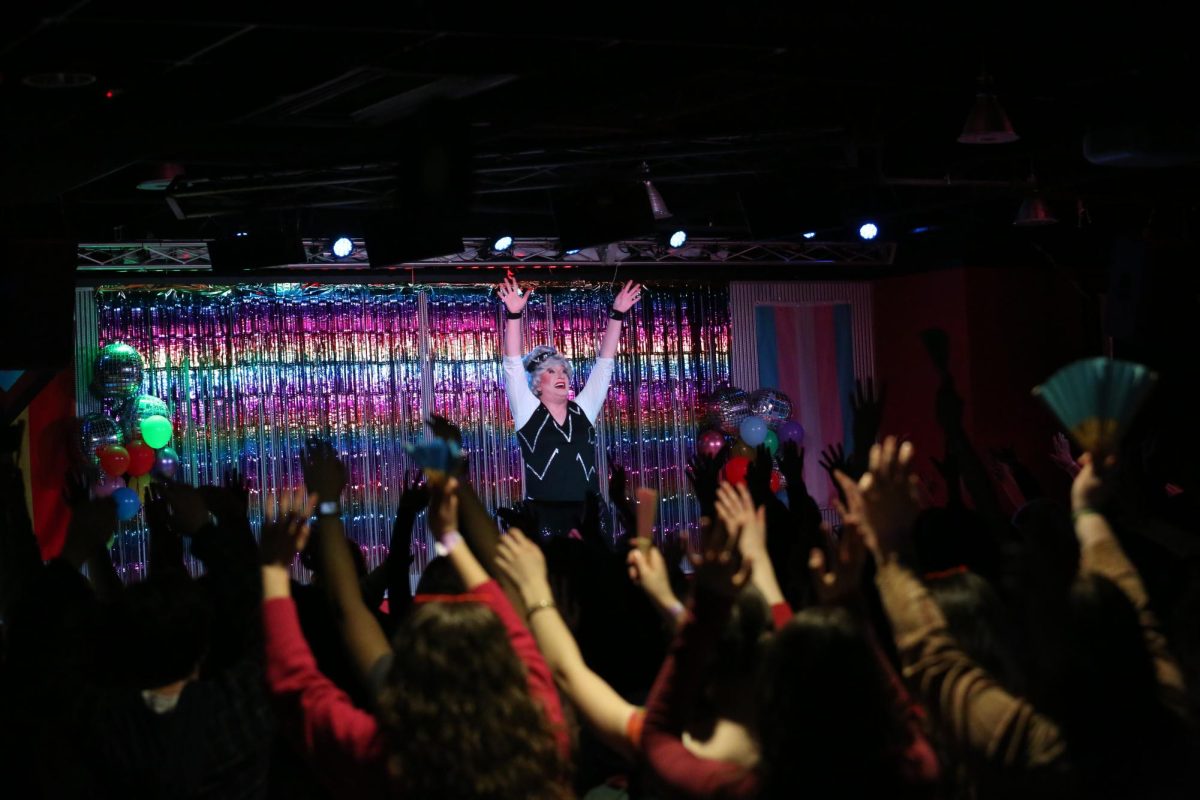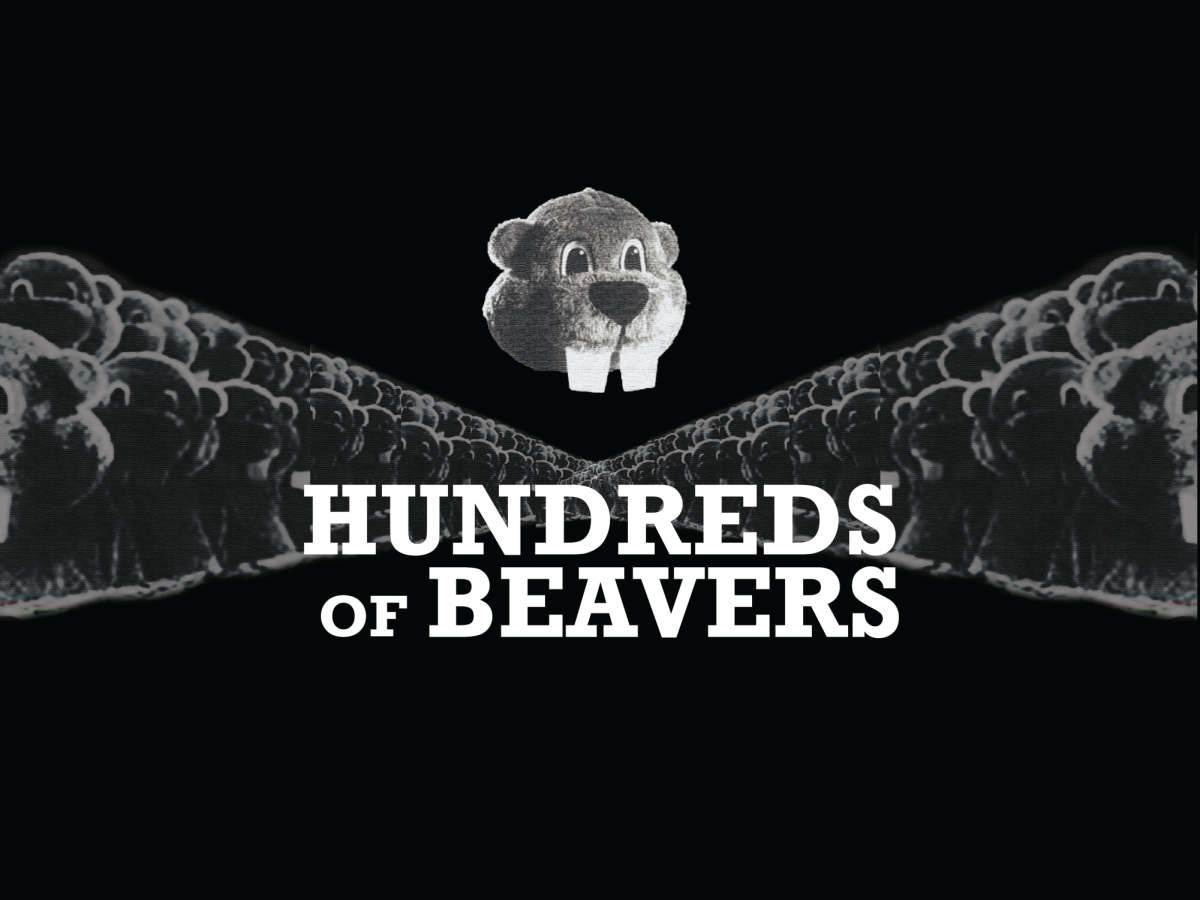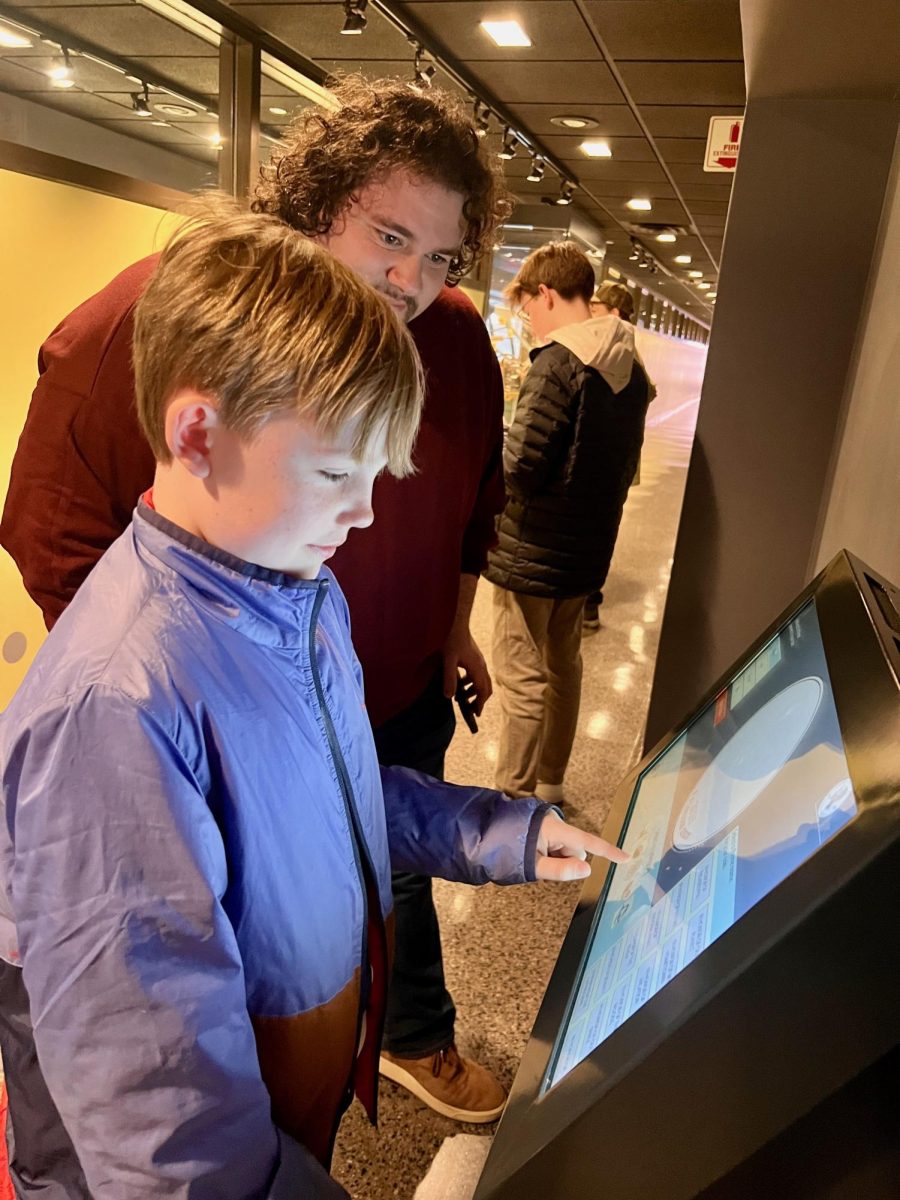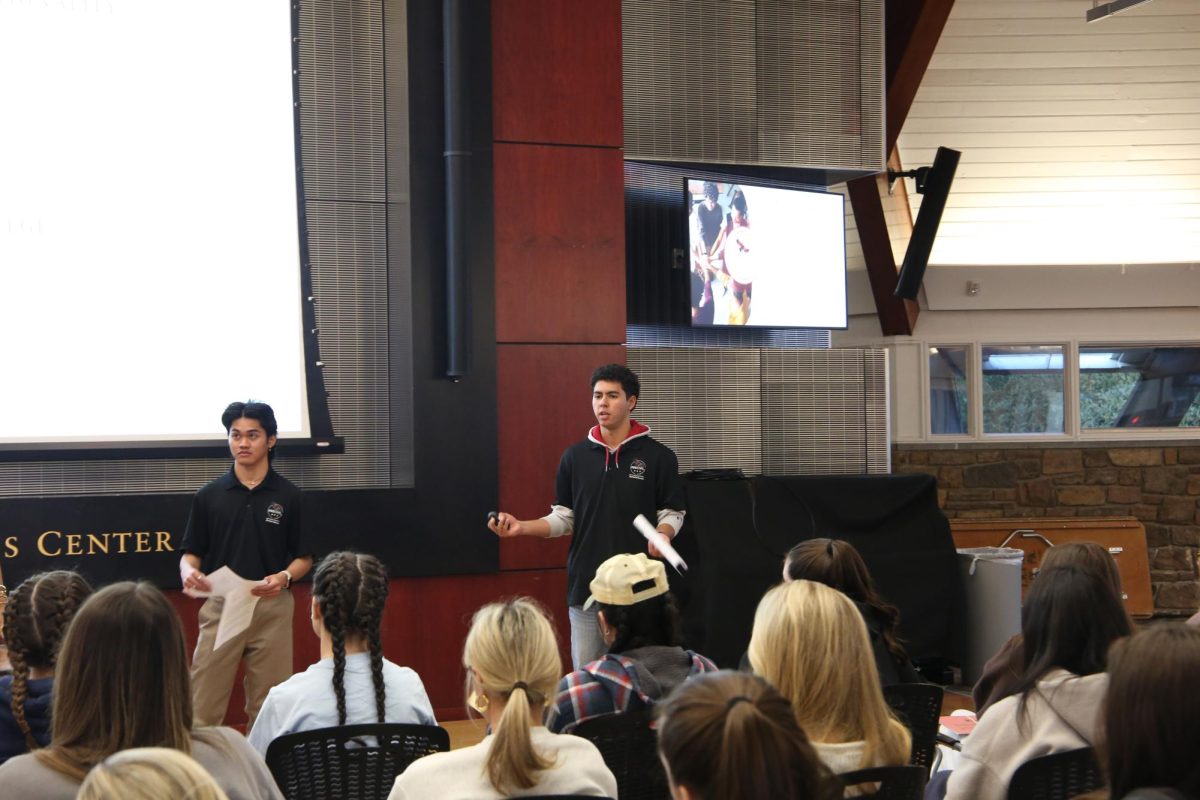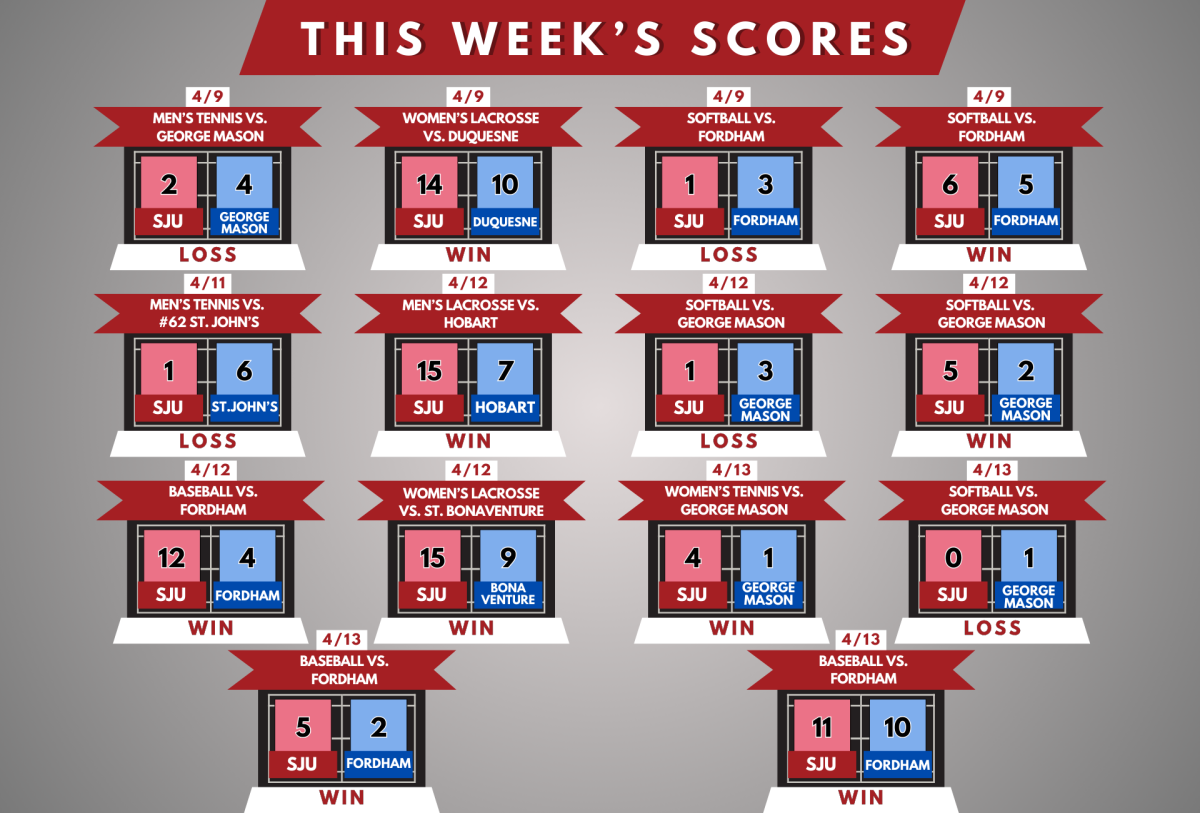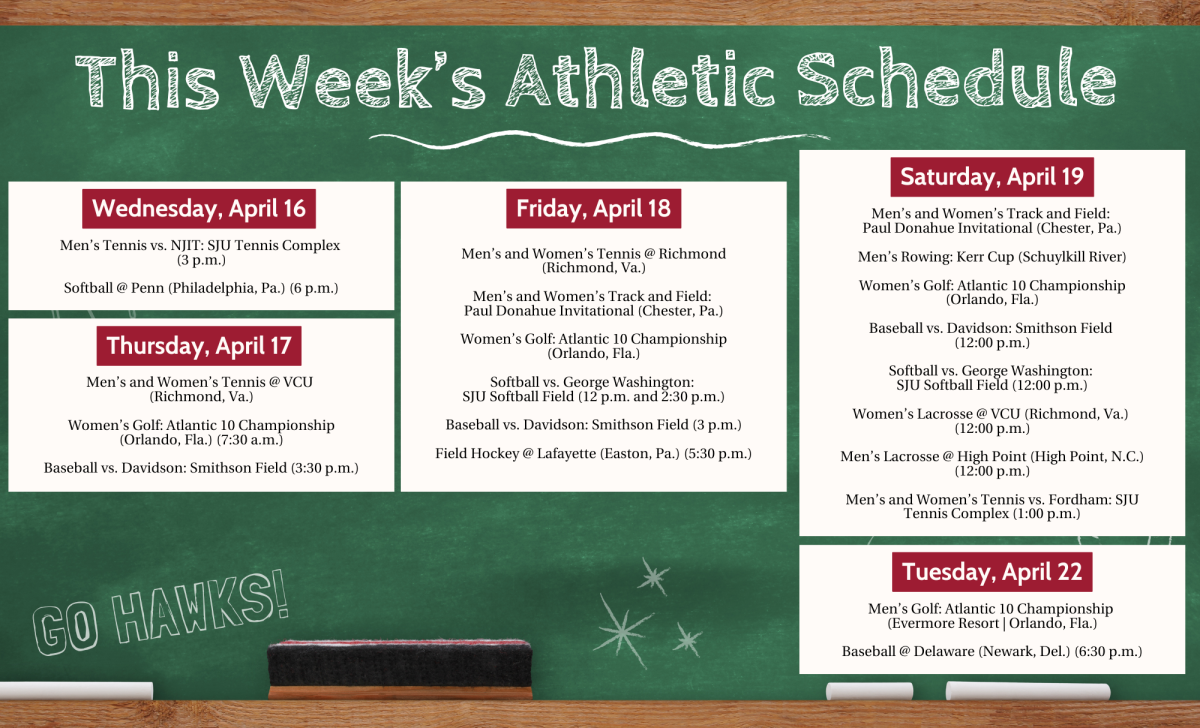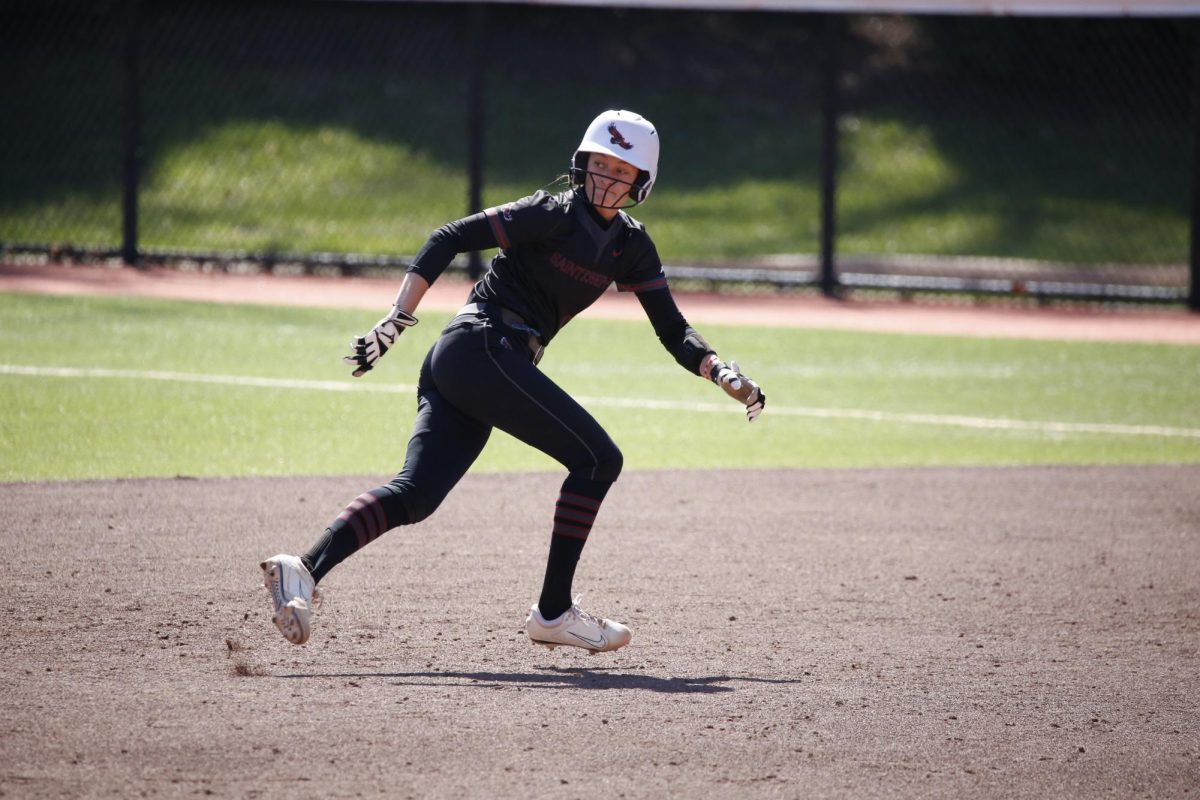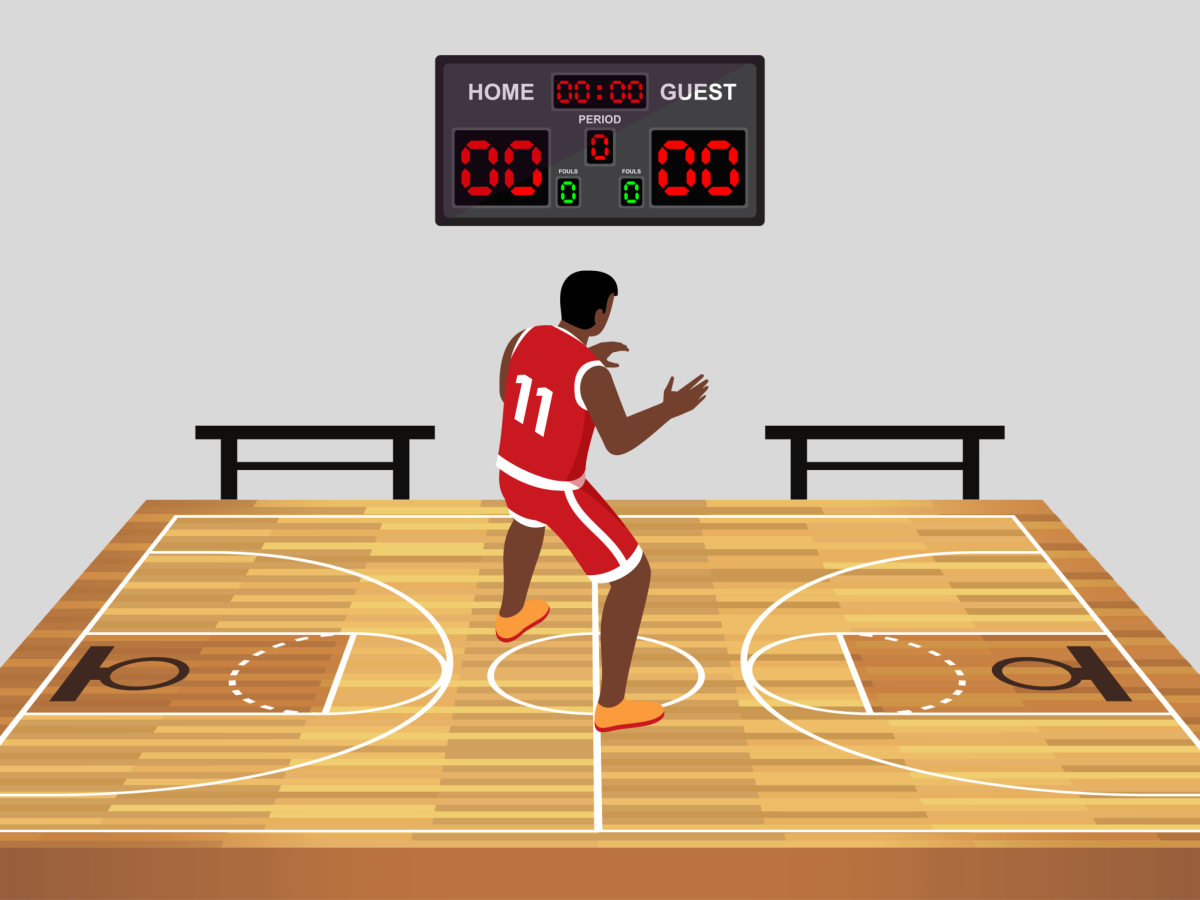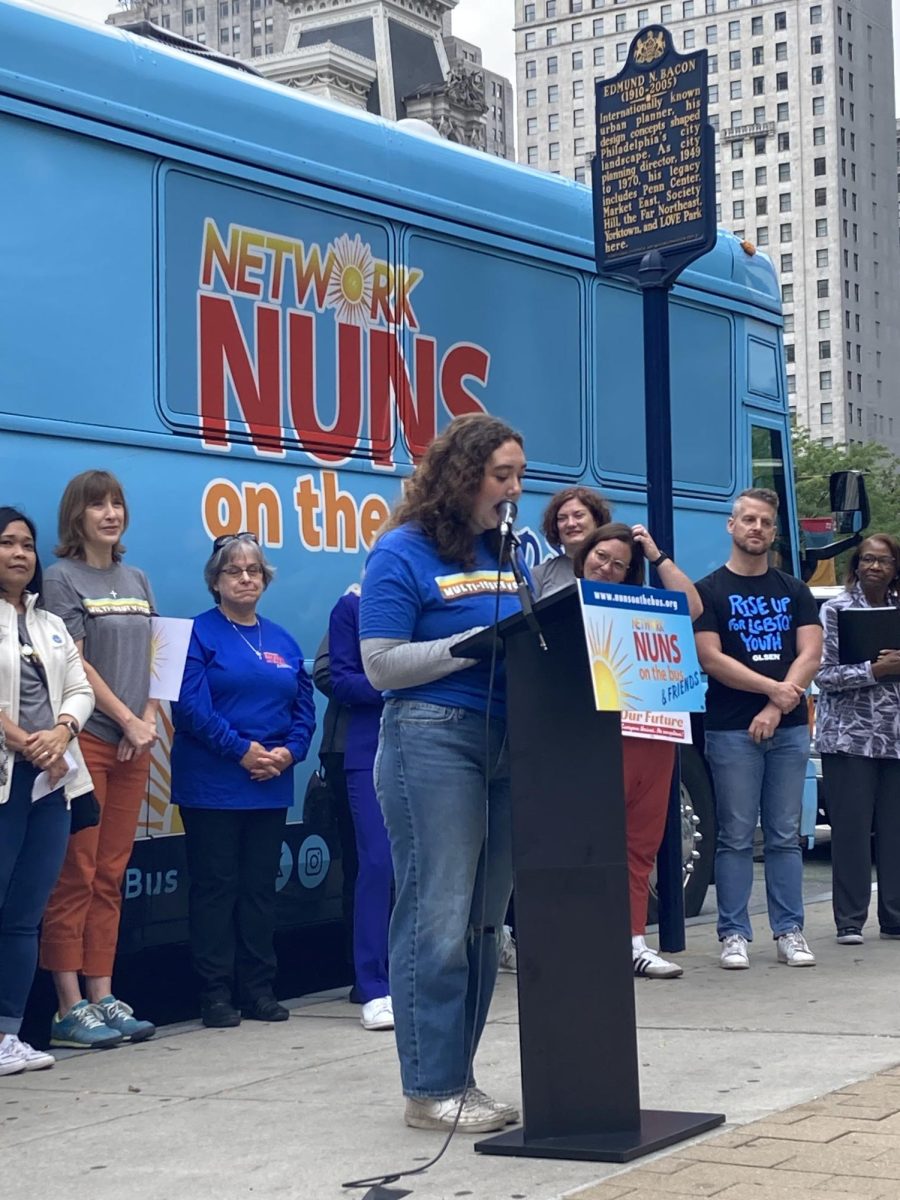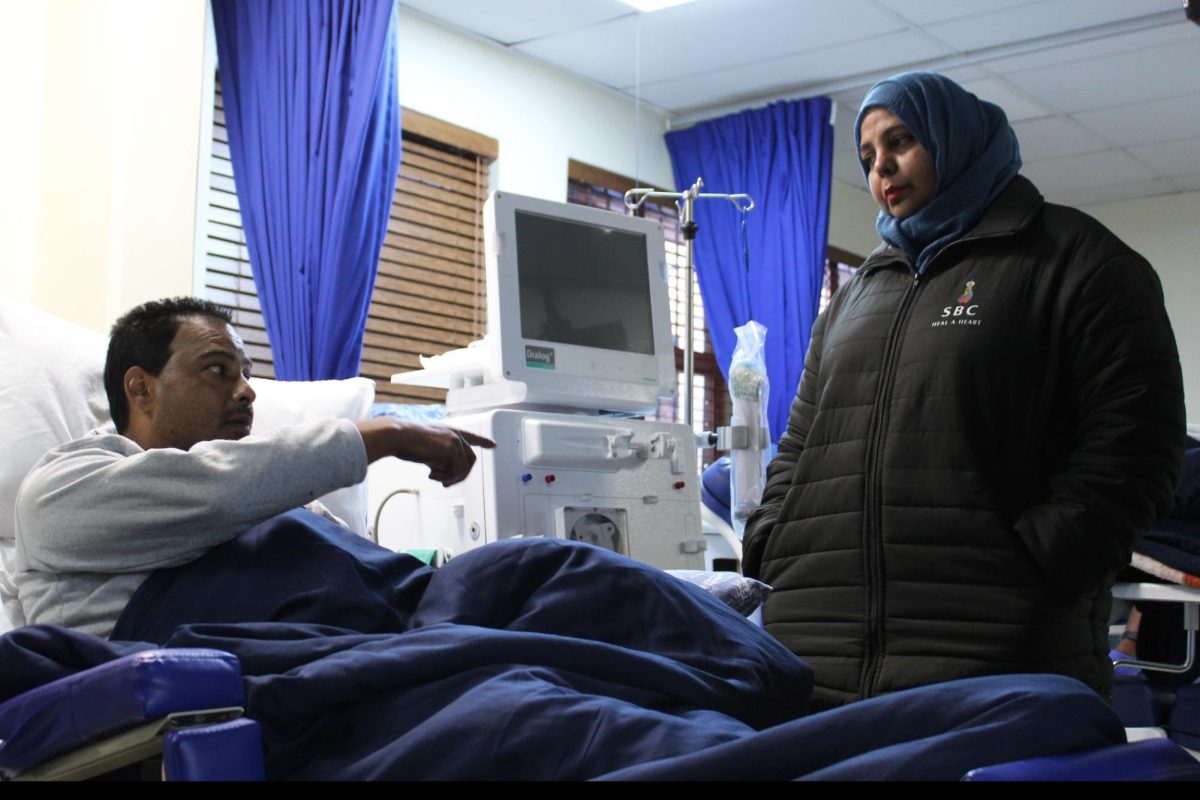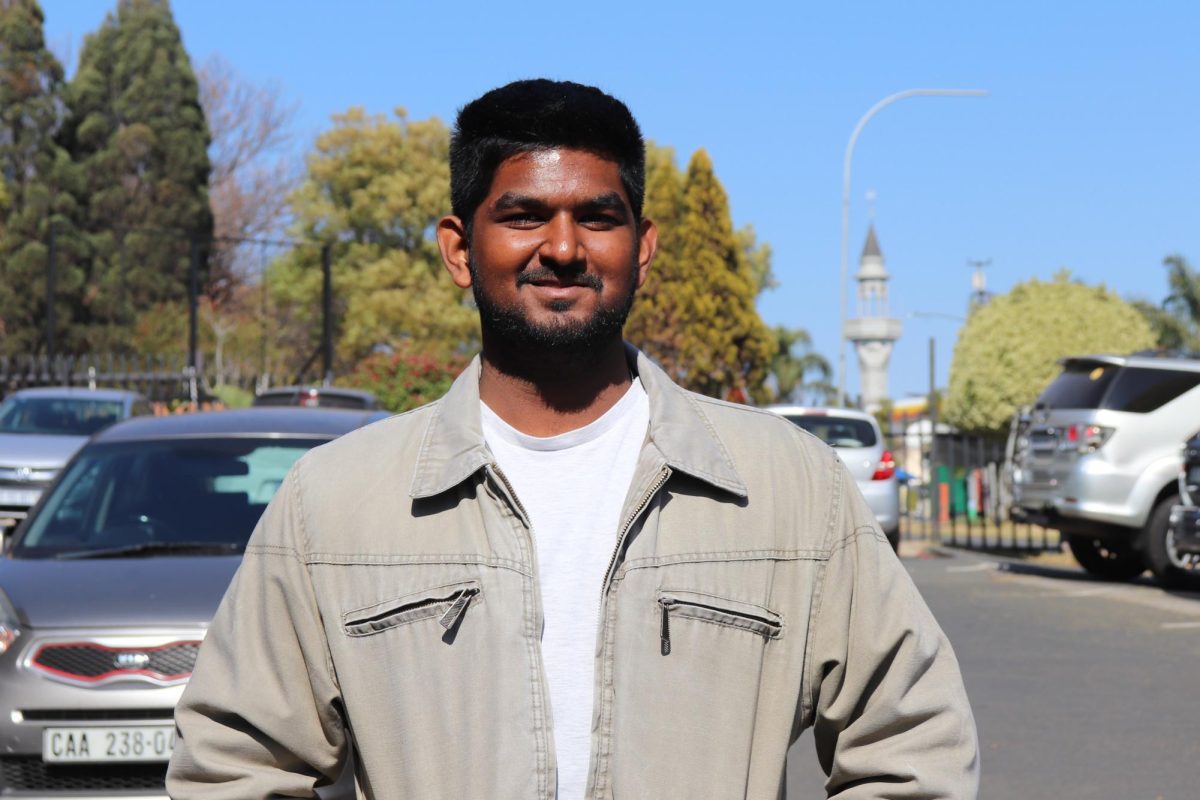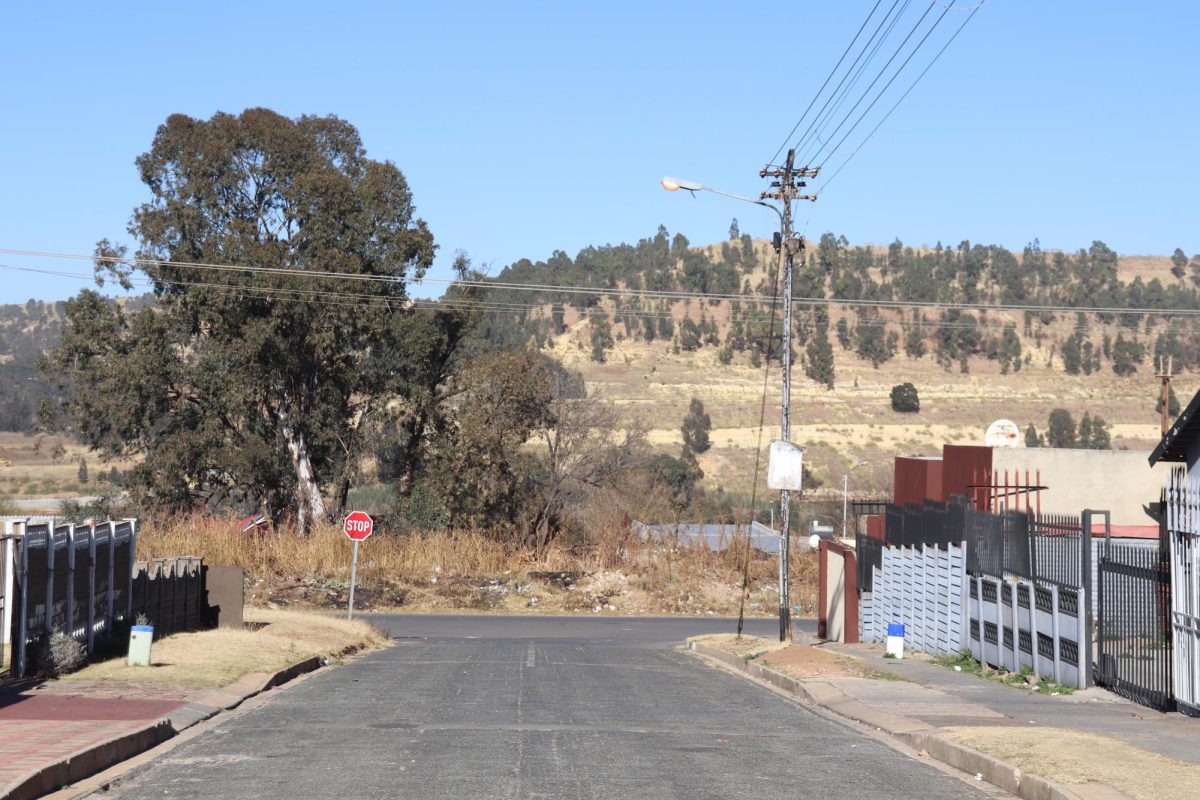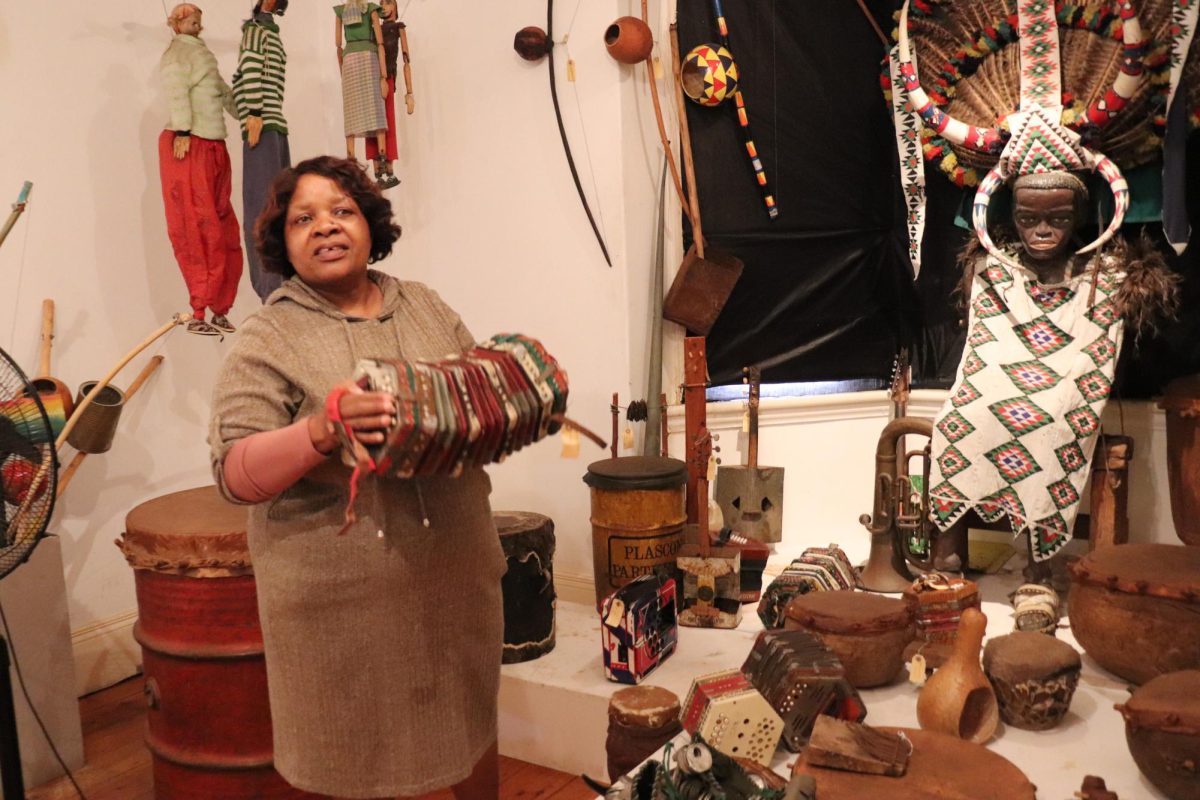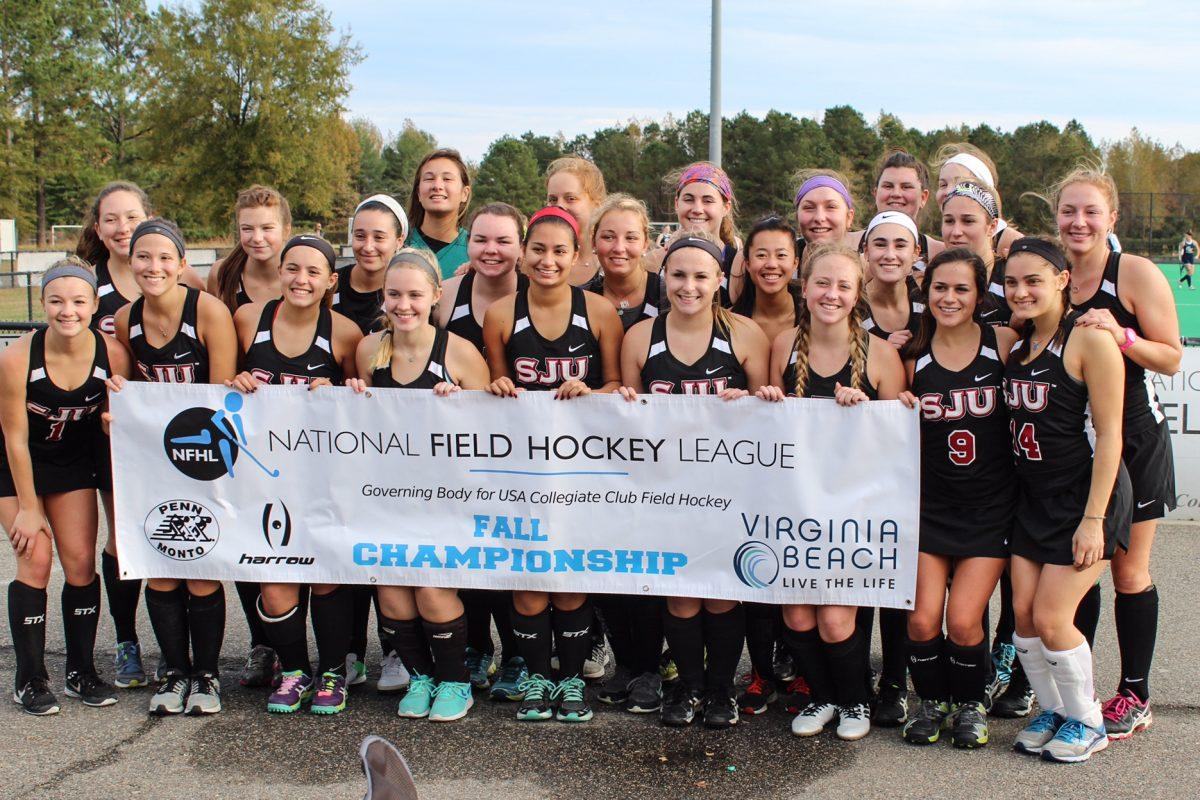Team fosters a sense of community
The St. Joe’s club field hockey team started out as a way for students to bond over a shared interest, but has quickly become a competitive program.
They proved themselves to be competitive when they earned a spot at nationals on Nov. 18. The team came away with a 2-0 win over Messiah College and later fell to the University of Delaware and Northeastern University, 4-1 in both games. Hawks’ club field hockey competes in the National Field Hockey League [NFHL], and they had to be ranked to make it to the national tournament in Virginia Beach. Extra effort from players and captains helped the team achieve this goal.
“My fellow captains and I made sure we scheduled more games and made practices more mandatory,” senior captain Molly O’Flaherty said. “We took the club level a step higher and took it more seriously than we have in the past.”
The Hawks finished their season ranked 14th in the league and with a record of 6-2-0 to earn them a place at nationals. Throughout their season, they played local teams including Philadelphia University, Villanova University, Drexel University and Temple University.
Without coaches, club sports teams take on an interesting dynamic as they are managed by their peers. According to associate director of Campus Recreation, Angie Nagle, club teams are allotted a certain amount of funding for their season and because of this, coaches would have to be volunteers.
“This year, the team received $3,000 and collected the rest of the money they needed through dues,” Nagle said.
Budgets are made by team captains, seniors O’Flaherty, Maria Ciabattoni, and Lauren Zimmerman. They are responsible for creating game and practice schedules as well as selecting which students make the team.
“In the past, we have had to make cuts,” Ciabattoni said. “We didn’t this year because there weren’t that many girls; we kept 26 this year.”
While having students control a sports team creates a more laid back and fun atmosphere, it forces the captains to sometimes assert their authority over their peers in order to make sure everyone plays to their skill level.
“I tried to make it more competitive because we had a lot of players and a lot of potential,” Ciabattoni said. “We encourage people to play as hard as they can, but it’s just more so to have fun.”
Practices are held twice a week for two hours each, enough to keep up players’ skill but still be accommodating to the schedules of busy college students. Captains decide playing time based on participation in practice and other team activities.
“With school and night class and other obligations, obviously people can’t come to every single practice so we try to get everyone in the games,” O’Flaherty said.
Though the team doesn’t spend as much time together as the Division I sports teams on campus, they became close based on the time they spend together on and off the field. Like other clubs on campus, they are united by their common interest.
“Coming from California, I looked at field hockey as my first friend group,” O’Flaherty said. “Coming in as a freshman, it was nice because you’re with these girls twice a week and you’re all bonding over field hockey, so it was my comfort zone.”
For O’Flaherty, the greatest benefit of the club sports program is the relationships it builds. Working together on the turf makes the team’s friendships stronger outside of the sport.
“Doing a sport you love and coming together with people who love it as well made a great impact on the way I view this school,” O’Flaherty said. “I’m thankful for being on the team and being able to establish a close relationship with them.”

